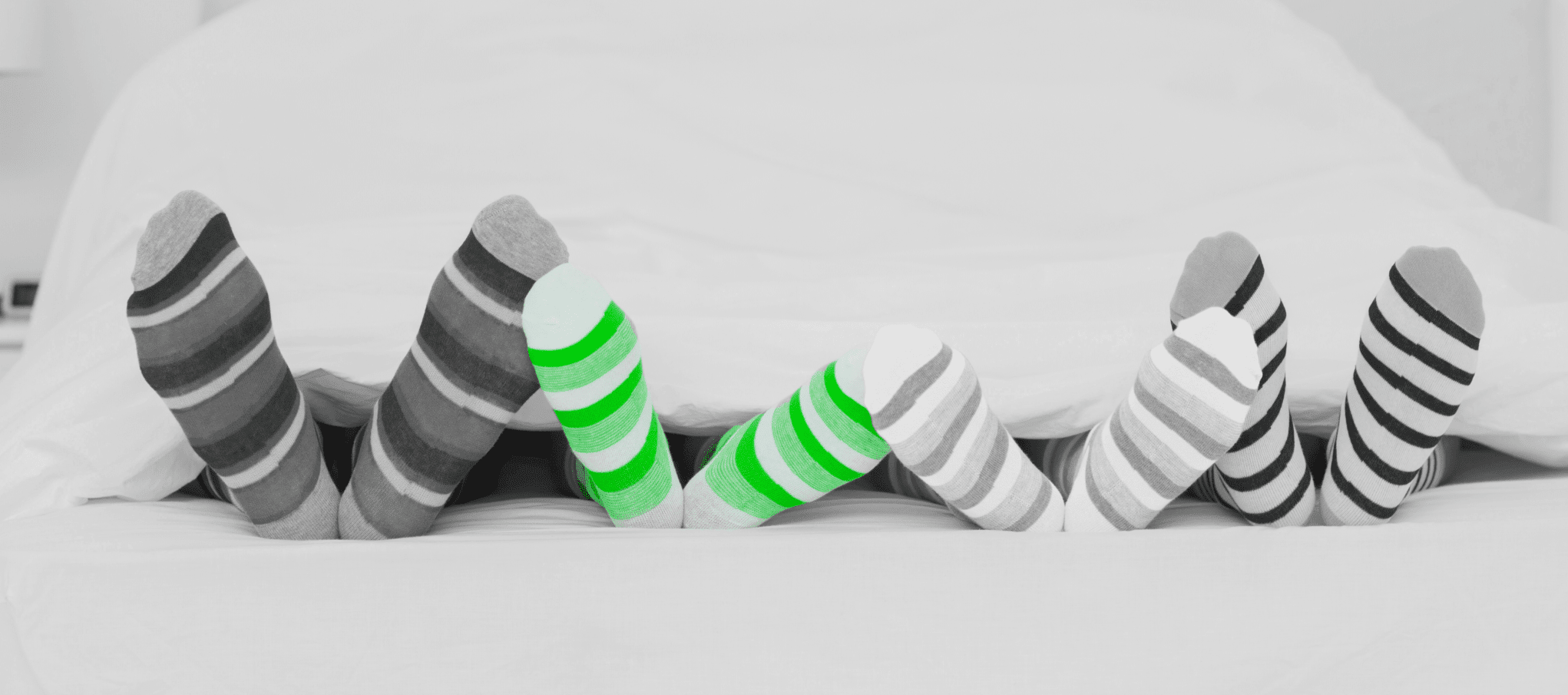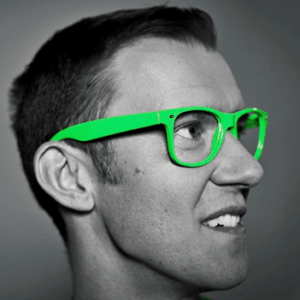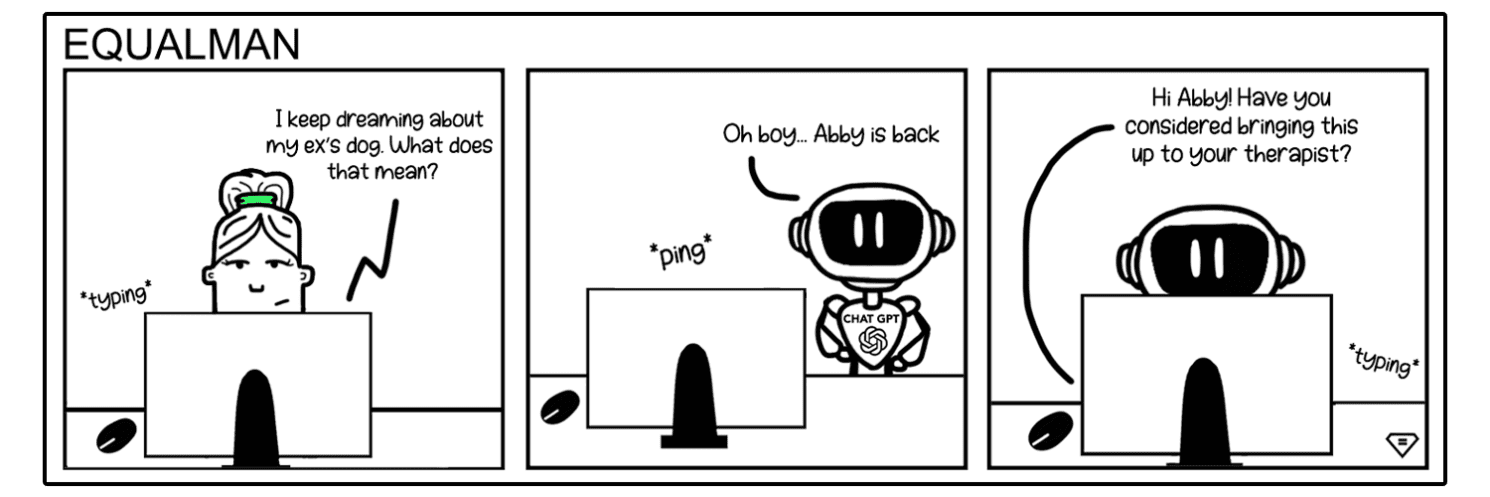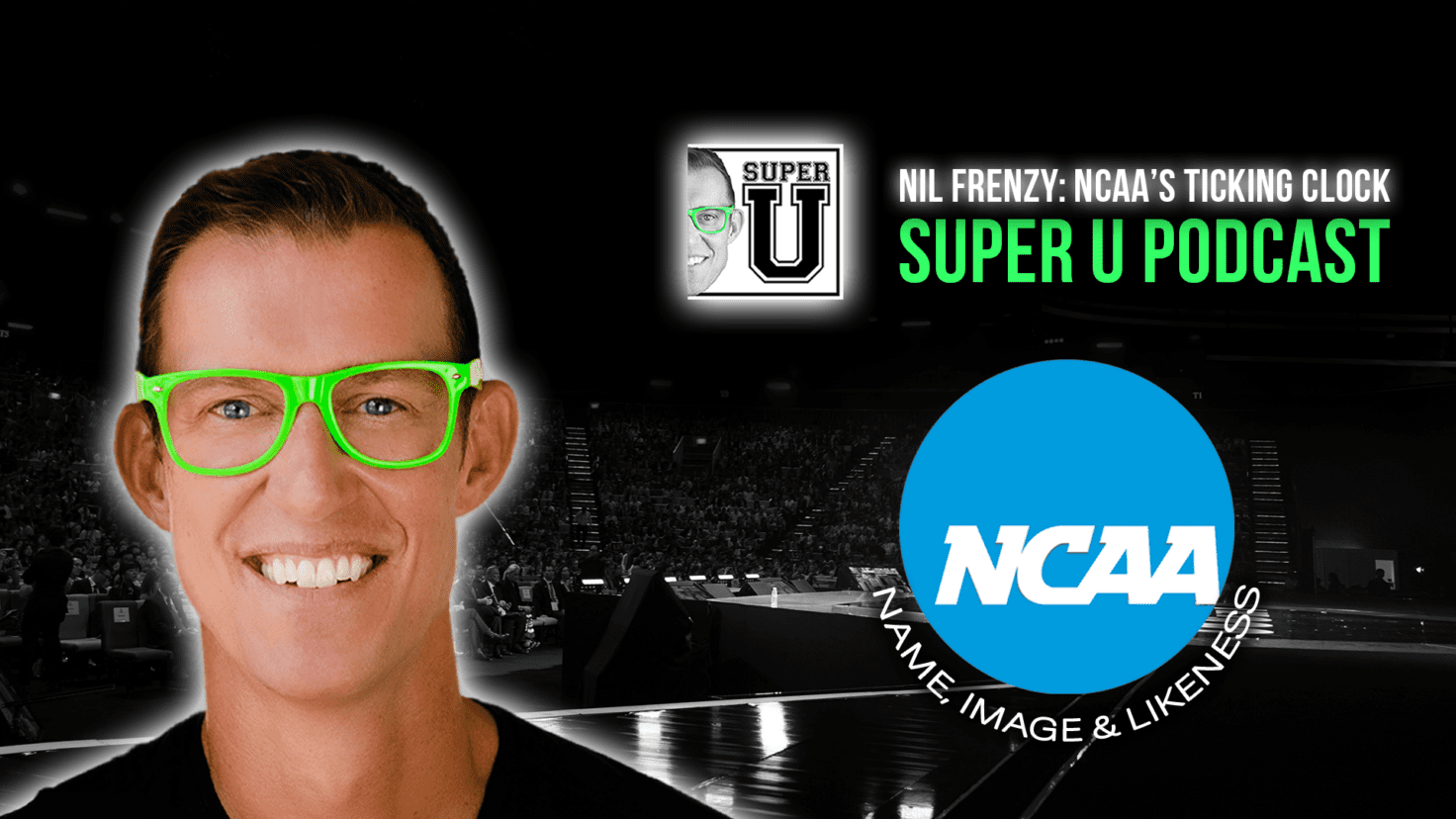Sleeping In and Achieving More
Sleeping In and Achieving More
Did you know that by sleeping in, you can achieve more? How many of us would like to sleep in more? More importantly, how do we achieve this seemingly impossible task of having our “sleeping” cake and eating it too?
At least 40 million Americans suffer from chronic, long-term sleep disorders each year, and an additional 20 million suffer from occasional sleep problems. Almost all of us have suffered from short-term insomnia, resulting from stress, jet lag, diet, and many other factors. With a number that high, there must be no hope for us, right? Wrong.
Despite my hectic book signing and speaking tour (Sweden and Singapore this month), I’ve been blessed that my body adapts to the time zone changes. While I’m occasionally hit by jet lag (especially in Asia), my main sleeping struggles have always centered around trying to turn off my “monkey mind” at night. I simply can’t turn off all those random thoughts ping-ponging in my head while the other side of my brain is saying I need to go to sleep. My guess is that many of you also suffer from this.
My mission this year has been all about “focus” and a key part of this project is paying attention to my sleep patterns. Many studies show that sleeping more leads to achieving more. One study found that a one-hour increase in location-average weekly sleep increases earnings by 1.1% in the short run and 5% in the long run.
Most importantly, I’ve been collecting learnings along the way and now I have four tips to share with you.
These tips should help you, more days than not, wake up refreshed and less stressed.
Turn Your Brain Off
Put together a to-do list well ahead of bedtime so you’re not sitting in bed, overanalyzing everything that needs to get done the next day. One study shows writing out this list helps you fall asleep faster. Journaling on physical paper may also help ease your mind at night. Write down nagging thoughts or uncertain feelings to get them out of your system. Then, write down your happiest moments from the day to end the night on a positive note.

A lot of us are even guilty when it comes to using our beds for reasons other than sleep, such as binging on Netflix, doing homework, or answering emails. Although the comfort of our beds can be tempting, lying in bed hinders productivity and focus.
Logging Out
There are additional small actions to take that can help attain a well-rested night. One action is to turn off electronics at a certain hour. A good rule of thumb is to not look at your phone one hour before bedtime. Or, switch the settings to Night Shift or Do Not Disturb. Night Shift makes the screen easier on the eyes by reducing blue light, allowing you to sleep better, whereas Do Not Disturb blocks any noise or light from any incoming notifications or alerts.

There are free apps that can change the screen color if your device isn’t programmed with the feature already. According to Harvard Medical School, the light from our electronics throws off our biological clock — otherwise known as our circadian rhythm. The blue wavelengths, which help keep us alert during the day, aren’t as helpful at night. Blue light suppresses the secretion of melatonin, a chemical that helps us sleep. Hence if you must use an electronic, make sure to suppress the blue light of your screen from the ways mentioned.
Exercise and Drink Coffee in the Morning

Personally, I like to drink caffeine and exercise in the morning. If I engage in one of these activities later in the day, I can’t fall asleep at night. Caffeine late in the day is especially a big “no-no” for me. According to Sleep Number’s Vice President of Sleep Science and Research, Pete Pils, you should cut out caffeine after 12 p.m., as the effects of caffeine can cause a 10-12 hour sleep delay for some people. Even acidic and spicy foods can result in heartburn or indigestion, so be conscious of what you eat and when.
Exercising late in the day can also hinder sleep. When you exercise, you often raise temperature levels, which don’t subside until 5 or 6 hours later. Studies show that most of us sleep best when we are cold, so plan your exercise for earlier in the day. The added benefit is that exercising during the day boosts energy levels and relieves stress which correlates to helping fight insomnia at night. To learn more about how temperature affects your sleep, visit Sleep Number’s temperature solutions page! It’s chock-full of helpful information.
SleepIQ® App

It may seem counterintuitive to use an app to track sleep patterns when we’ve been pushing not to use electronics at night, but the same rules still apply. Turn the digital world off one hour before bedtime. Choose a time during the day to list out the activities performed each day.
Sleep Number’s SleepIQ App gives a daily score of 1-100 based on how well-rested my sleep was the night before. It bases this score off of your personal goals and sleep patterns that it tracks through technology embedded into the mattress. I log my activities into the app as well. Did I exercise that day? When did I exercise? Did I drink caffeine? When did I drink it? Once the app has enough data, it can show you which activities are helping or hurting your rest. I’ve found that simple adjustments to my behavior (don’t exercise late at night) have resulted in dramatic improvements in my sleep. It’s also important to invest in a comfortable bed, like the Sleep Number 360 Smart Bed, which can be adjusted using the app.
Simply changing a few small steps in your daily routine can help take control of your sleep patterns. It’s amazing how diet, activities and the use of electronics can affect sleep in many different ways. Turning yourself off physically and mentally at night can help us sleep and achieve more.






